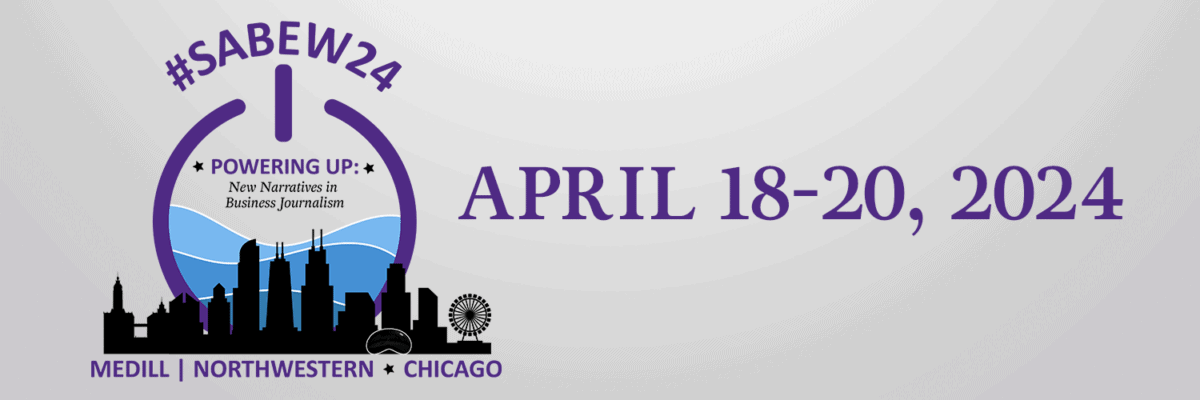By Sydney Maki
 College is hard on your bank account. The fiscal responsibilities you’ll have after graduation hit even harder.
College is hard on your bank account. The fiscal responsibilities you’ll have after graduation hit even harder.
This summer was my last as a student, and as financial aid dispersal season loomed close, I wondered what my life could look like in another 12 months. No more would I be able to craft a formula of savings and paychecks minus rent, utilities, textbooks and groceries to calculate how much my student loans needed to be.
The unofficial verb “adulting” means “to behave like an adult, specifically to do the things—often mundane—that an adult is expected to do,” according to a Merriam-Webster analysis. Although it isn’t a technical dictionary entry yet, the word carries clout for college kids like me.
The idea of becoming a successful adult feels far away, but the reality of it isn’t. As the semesters separating me from everyday adulting disappear, managing my budget gets more important — not only for my future checkbook, but also for my sanity. Learning and preparing now seemed like the only way to alleviate — or at least feel prepared for — the stress of starting a life and career blindly.
I started researching budgeting tactics, picking out what would work well for me and made a new kind of budget. This one took longer to load on my computer, with estimates for potential doctor visits, oil changes and cleaning supplies. I tried plugging in car insurance, renter’s insurance and the money I spend on new glasses every few months when I step on mine. Organizing finances doesn’t sound personal until you’re deep in bank account transactions and wondering what you spent $60 on in February.
By the end, I recognized some areas where change was needed and started tweaking my life to be more frugal. I worked out possible programs for paying back my student loans and made comparison charts based on my savings and hopeful future income. With scenarios flushed out and plans to stay afloat made, I realized that personal finance isn’t just something teachers and moms buzz about — it’s a legitimate part of taking responsibility for yourself.
Of course, a job is first on my future to-do list. But reflecting on my own spending trends, habits and responsibilities has helped me to recognize where I can be better. Four new pairs of glasses in a year is too many — and the cost of prescription lenses add up fast. I’m pushing myself to be better about putting more of my paychecks into savings, holding myself to a budget for food and saying ‘no’ to that afternoon Starbucks.
As graduation gets closer, I’m coming to terms with my future responsibilities — and with the reality that there won’t always be a fallback on my university finance page when pockets get shallow. Writing out goals has helped the most, creating an actual standard to hold myself to. It’s easy to think of money only when it’s gone. But by being proactive about finance, entering the working world after college gets a whole lot less scary.






